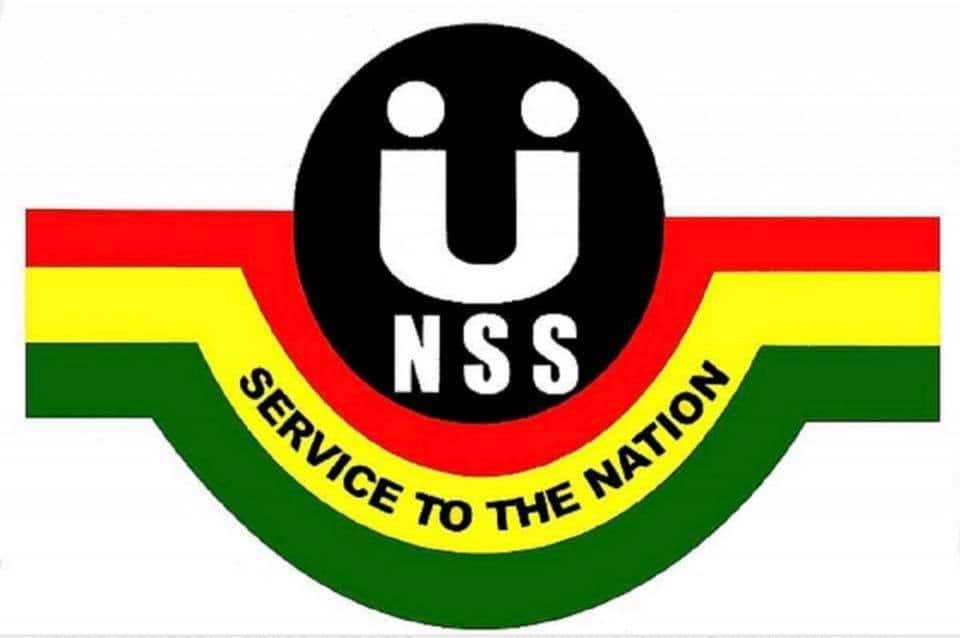The National Service Scheme (NSS) is confident that its ambitious farming project will help to address food shortages in schools across the country.
The NSS has acquired a vast land spanning three assemblies in the Ashanti region: Sekyere Afram Plains, Sekyere Kumawu, and Asante Akim North. They have already initiated a farming project on a 4,000-acre plot, and have successfully harvested 560 bags of maize.
According to the executive director of the NSS, Osei Assibey Antwi, the harvested produce will be handed over to the Ministry of Education for distribution to schools to support student meals. The second batch of harvesting will be done on Monday, September 4, 2023.
Mr. Assibey Antwi has also expressed the scheme’s intention to supply produce from these farms to the Poultry Farmers Association to support poultry farming.
“The National Service Scheme is an agency under the Ministry of Education, and by extension, a governmental institution. So, if the government is supporting us to grow maize, rice, and soya beans, then the end results will also support government projects and programs. And the government program that we are going to support is the School Feeding Program as well as the Free SHS,” he said.
“That is where we want to channel our support to. But that is not to say that these are the only two areas we are envisaging. As of now, we have even signed a Memorandum of Understanding with the Poultry Farmers Association. So, we will be producing for Ghana as a whole.”
During a visit to the farm, Education Minister Dr. Yaw Osei Adutwum lauded the initiative. He expressed optimism that by intensifying school farms and collaborating on such projects, the issue of food shortages in schools can be effectively addressed.
“The NSS project will support the school feeding program. With the school feeding program, you can reduce costs when you get products from the farm. Literally, you are buying at warehouse prices, wholesale prices. The items bought here will be cheaper than what you buy from the market. Reducing your cost of production also makes the project sustainable because you can feed the children with less money and they will get more for less.”
“The same thing applies to the Free SHS Program. Even though we are going to be buying the produce, we are buying them at wholesale prices. Therefore, it will lead to a situation where we are reducing the cost of feeding students.”
